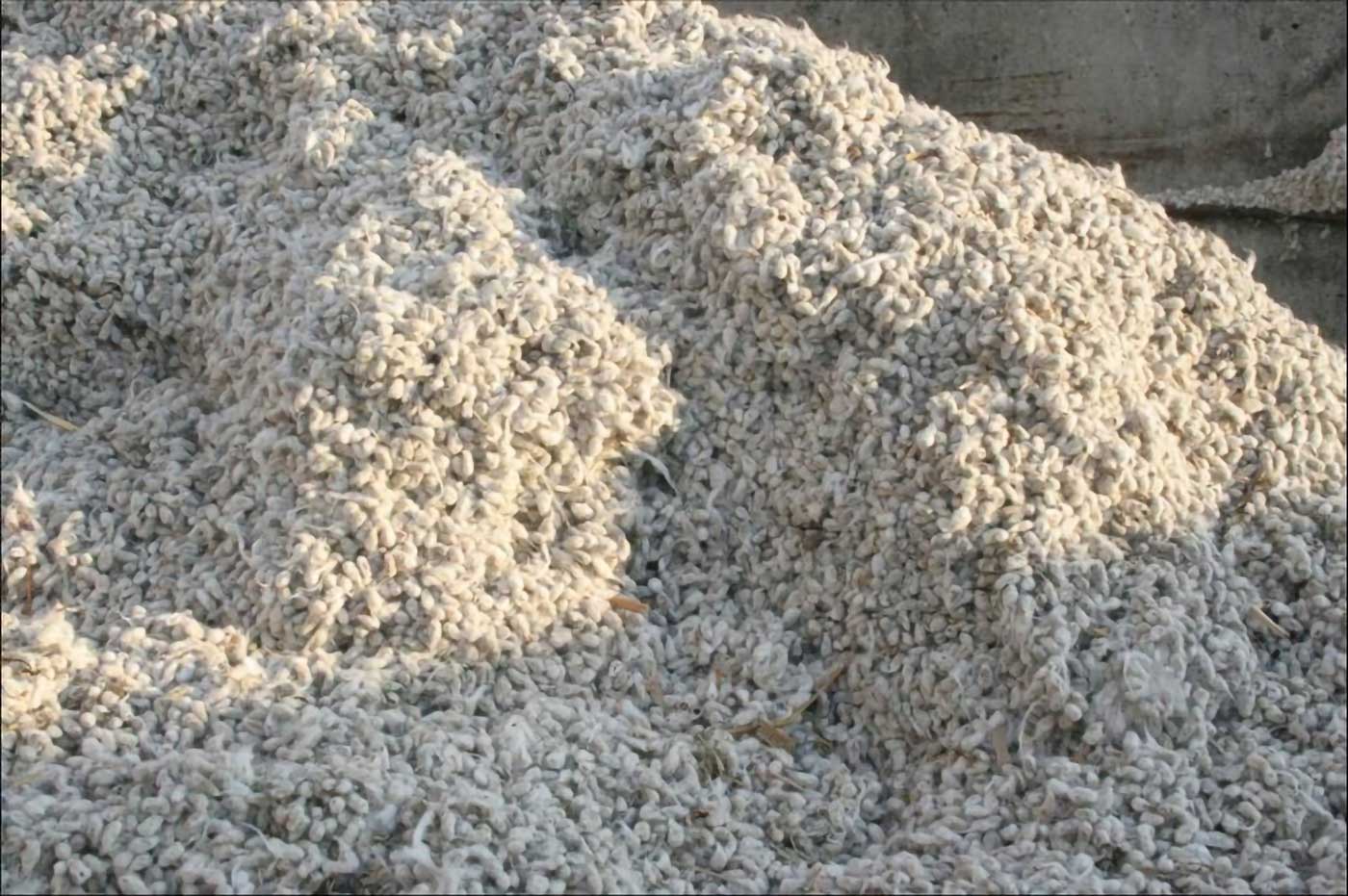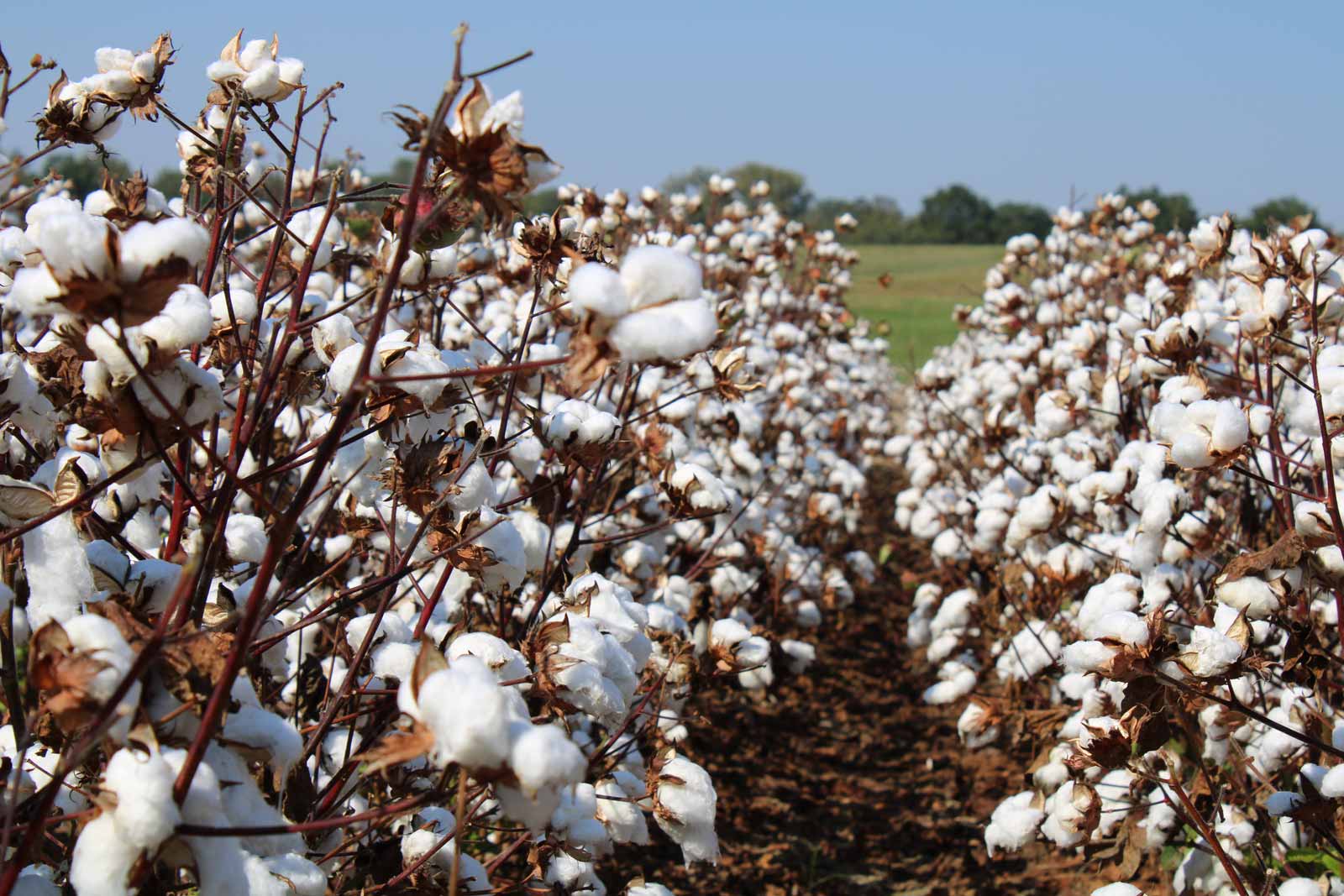Cotton fiber treated with textile finishes and dyes monitored over 102 days biodegrades in water at a rate comparable to oak leaves
CARY, NORTH CAROLINA (March 2021) – A study by researchers from North Carolina State University, Duke University, and Cotton Incorporated shows that the application of commonly used textile finishes does not significantly inhibit the biodegradation of cotton microfibers in realistic aquatic conditions. The results of the study were recently published in the Marine Pollution Bulletin.
The findings show that over the course of 102 days, cotton microfibers treated with textile finishes (silicone softener, durable press finish, water repellent finish, and a blue dye) biodegrade by more than 60%; a rate greater than or comparable to that of an oak leaf.
“This study is the latest phase of our progressive inquiry into cotton fiber biodegradability,” said Jesse Daystar, PhD, vice president and chief sustainability officer, Cotton Incorporated, and one of the authors of this study. “We demonstrated years ago that cotton biodegrades on land at a faster rate than synthetics like polyester. Then we turned our attention to aquatic environments and determined that raw cotton microfibers decomposed faster than polyester in fresh water, salt water, and water treatment facilities. Through this most recent research, we now know that textile finishes do not significantly inhibit the biodegradation of cotton fibers.”
“This is great news for manufacturers who treat cotton in order to make the garments we wear and the fabrics we use softer to touch, more durable and more wearable. And especially for all the denim manufacturers using dyes to turn our beloved jeans blue,” said Cotton Incorporated Consumer Trends expert. “They can now confidently use textile finishes on cotton knowing that they are not significantly impacting biodegradability.”
Cellulose-based fibers such as cotton do shed microfibers, however, these fibers show significant biodegradation in aquatic environments and do not persist in the environment like polyester and other synthetic fibers do.
The International Union for Conservation of Nature (IUCN) has estimated that between 0.8 and 2.5 metric tons of microplastics are released into the ocean each year. Microplastic fibers generated from textiles during laundry represent 35% of these fibers. Polyester is the predominant microplastic found in water effluents and estimates suggest polyester products may take between 20 and 40 years to biodegrade completely.
Findings from Cotton Incorporated’s 2019 Retail and Sustainability Trends Survey indicated that 35% of global consumers (across 5 countries, including the U.S.) were aware of the issue of microfiber waste in the oceans from synthetic fibers. Of these, 80% said their awareness of this and other environmental issues factors into their clothing purchase decisions.
More information about the article and other cotton research can be found on CottonToday, a website dedicated to delivering facts and research about the sustainability of cotton, relaunching today: [link]
Methodology
In this research, the influence of common textile finishes on the persistence of cotton fibers in an aerobic aquatic environment was assessed. The biodegradation of cotton knitted fabrics with different finishes, silicone softener, durable press, water repellent, and a blue reactive dye was evaluated. The rate of biodegradation decreased with durable press and water repellant finishing treatments.
About Cotton Incorporated
Cotton Incorporated, funded by U.S. cotton producers and importers of cotton and cotton textile products, conducts worldwide research and promotion activities to increase the demand for and profitability of cotton.
Media Contact: Avra Lorrimer, [email protected]; +1 347-685-5745
Visit us online at:
www.CottonToday.com
Follow us at:
https://twitter.com/cottoninc
https://www.facebook.com/cottoninc/
https://www.instagram.com/cotton_works/
https://www.linkedin.com/company/cotton-incorporated


